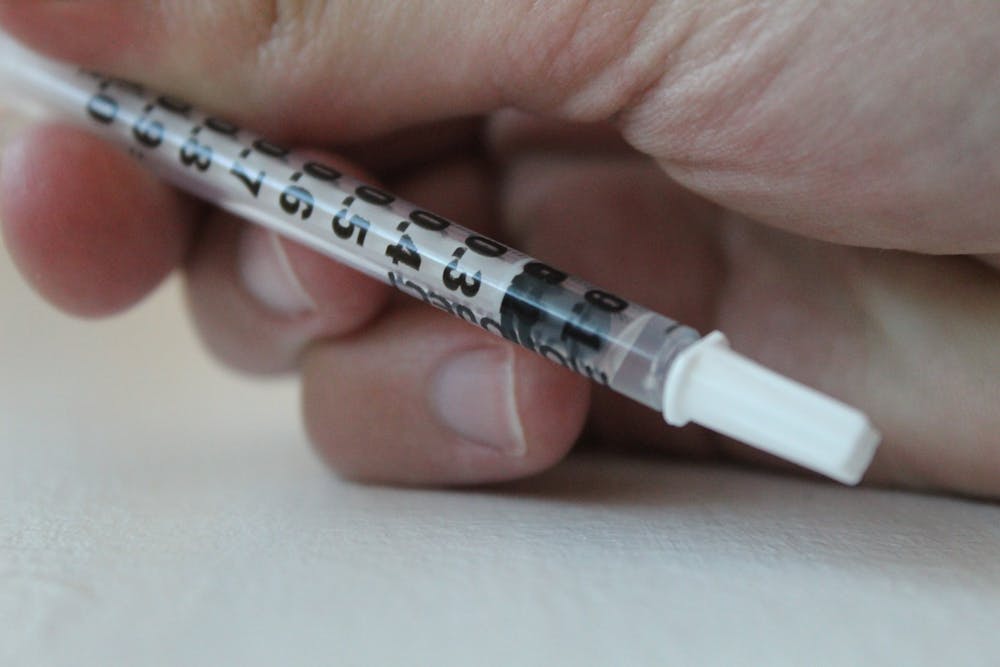As daily cases reach record highs nationwide, a COVID-19 vaccine has yet to be authorized for use by the U.S. Food and Drug Administration. However, both pharmaceutical giant Pfizer and biotech company Moderna filed for Emergency Use Authorizations with the FDA last month.
Here's what we know about the leading vaccine candidates.
When will the vaccine be available?
In a Dec. 3 press briefing, N.C. Department of Health and Human Services Secretary Mandy Cohen said if a vaccine is authorized for use in December, the state expects to receive doses possibly as early as mid-December. However, as per North Carolina’s COVID-19 vaccine distribution plan, those vaccines will first be reserved for health care workers. Next, the vaccine will go to people with a high risk of exposure, including residents in congregate living facilities (homeless shelters, prisons, migrant farm camps) and anyone with medical conditions that put them at a higher risk for contracting COVID-19.
Due to the limited number of doses available, the majority of the population will likely not be vaccinated for several months.
“It's not a quick fix,” Cohen said at the briefing. “It will take several months to have enough supplies that anyone can readily get a vaccine. Until most people are vaccinated, the three W's remain our best tool to protect our loved ones, to make sure our hospitals are there for those who need them and to save lives.”
Additionally, it is expected the initial doses will be packaged in units of 1,000 doses due to ultra-cold storage requirements, so not all hospitals in the state will have immediate access to the vaccine.
Cohen said the packages can't be broken down into smaller units to be distributed to more hospitals because they have to be kept at a specific temperature.
“Which is why when we get 85,000 doses, it can only go to so many hospitals," she said. "It can't even get to the more than 100 hospitals we have here in our state because, again, they package it 1,000 together, and we certainly don't want to be wasting any vaccine.”



